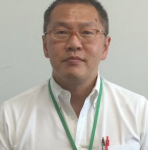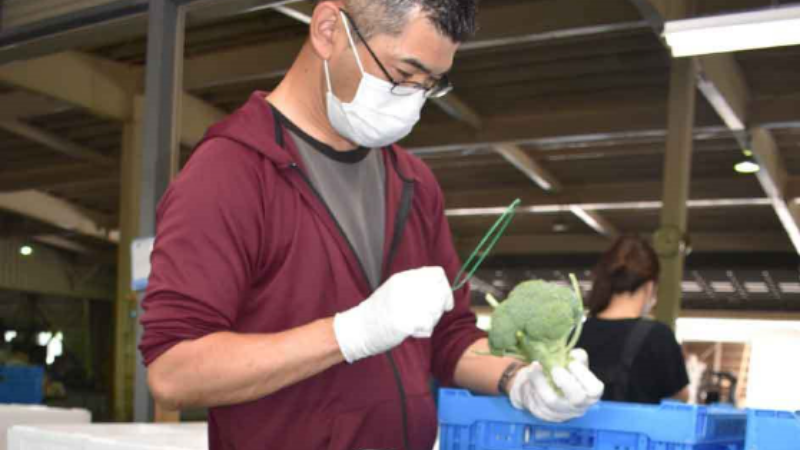by Yasuyuki Kobayashi, Manager, International Relations Division, Agricultural Policy Department
JA is a unit of primary agricultural cooperative in Japan in municipal level and most of the Japanese farmers and each JA in the area are like “one team” due to their dependency on JA in their farming and living in rural areas, due to JA’s wide coverage on sales of products, purchases of inputs, banking, life/non-life insurance and so on.
In Japan, the first negative effect in the agricultural sector caused by COVID-19 came to the labour force in February. In vegetable producing areas such as northern part of Japan and high land areas in the middle of the mainland, labour force from China went back to their home due to the lunar new year but this time with nothing to do on farmland they couldn’t come back to Japan due to lockdown throughout China.
In April, with an emergency declared by the government, all the schools were completely closed, and farm products for school lunch come to have nowhere to go. Due to restaurant closure, price leading products such as Brand Wagyu Beef or Japanese Sake were suffering from piles of stocks in the refrigerator, and we were afraid of the possible worst scenario in which slaughterhouses had to reject beef cattle from the farmer.
Followings are how JA Group, with full collaboration with farmers, managed in such emergency.
Securing Labor force
JA Saku-Asama, famous for highland vegetable and summer escape “Karuizawa” was successful in securing labour force in collaboration with Hoshino Resort, Japanese up-and-coming hotel chain whose origin is in the area. Due to lack of sightseeing guests, 30 staff members of a hotel of Hoshino Resort in the region voluntarily started working in collection/pre-cool/shipping facility of JA for vegetable. It’s not only exchange of labour/wage, but according to comment of one of such voluntary workers, who was supposed to work at the hotel restaurant, it was a good opportunity for him to know background stories of ingredients he usually used as locally produced. On the contrary, one of JA staff member who worked with them appreciated their patient and cooperative work, which he thought was fostered through their daily work in the service industry.
Provide food for school lunch to residents
JA Matsuyamashi in the capital city of orange producing Ehime Pref. purchased 4.3 tons of potatoes and cabbages from the School Lunch Office of the city and sold them for free to urban residents in the area. Some of them might be facing economic hardship caused by COVID-19. JA Member farmers have sold them to the Office, but they had nowhere due to school closure. That was based on the agreement with municipal government for disaster management.
Wagyu Beef Promotion Campaign
JA Zenchu, with national-level federations of economic activities, banking and insurance conducted a big promotion campaign of brand Wagyu beef. 5,000 citizens who applied and won web lottery were presented Wagyu beef for free to release piles of stocks in refrigerators in beef producing area. That also widened recognition among people on farmers’ contribution to food security and beautiful products. It finally became a platform for the government to carry out similar measures under COVID-19.
ABOUT THE AUTHOR
 Yasuyuki Kobayashi is Manager at the International Relations Division for Agricultural Policy Department. He joined JA Zenchu in 1999 after graduation from university and is now in charge of international trade negotiations and co-operation with farmers groups in Asian countries.
Yasuyuki Kobayashi is Manager at the International Relations Division for Agricultural Policy Department. He joined JA Zenchu in 1999 after graduation from university and is now in charge of international trade negotiations and co-operation with farmers groups in Asian countries.
